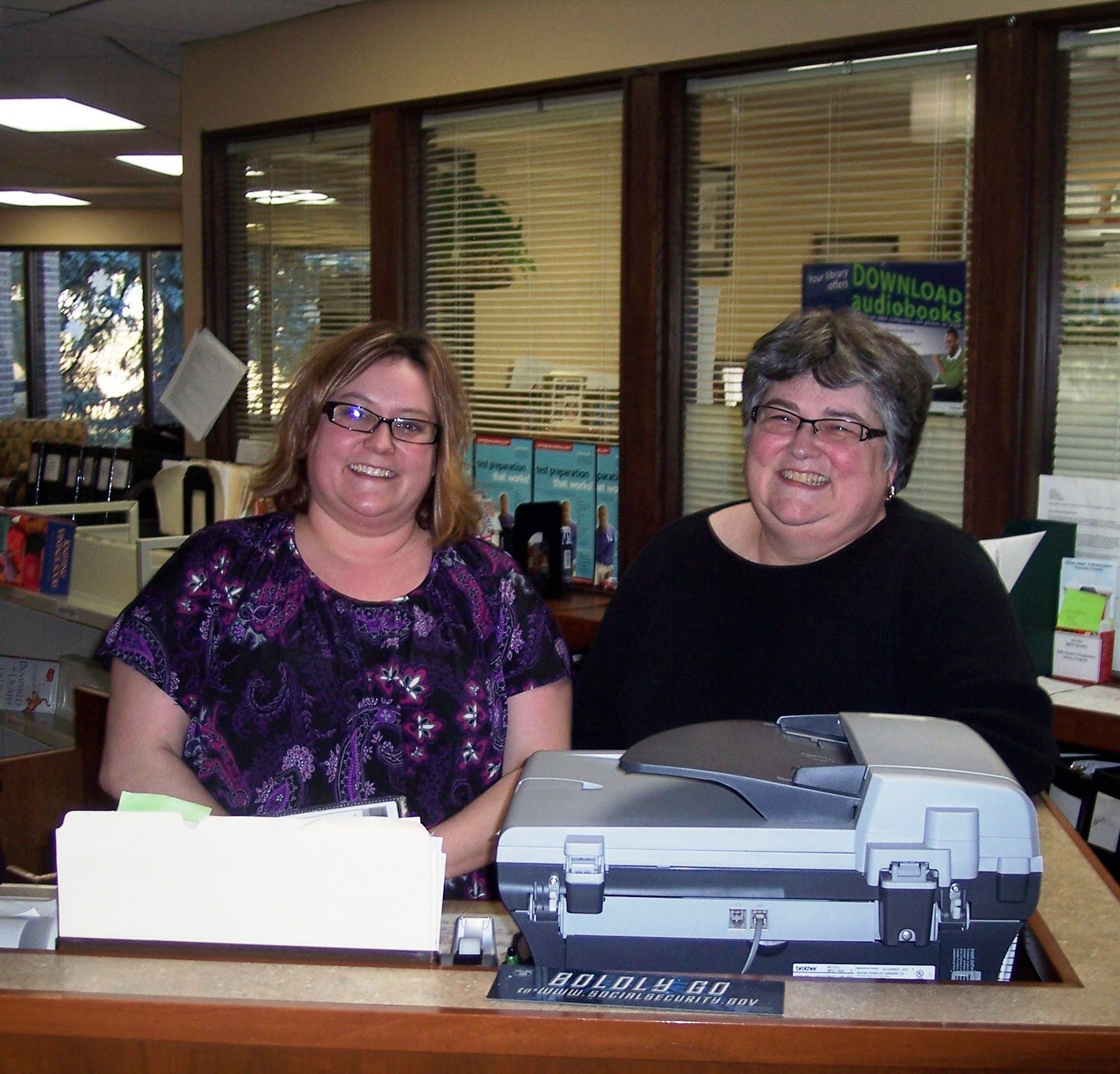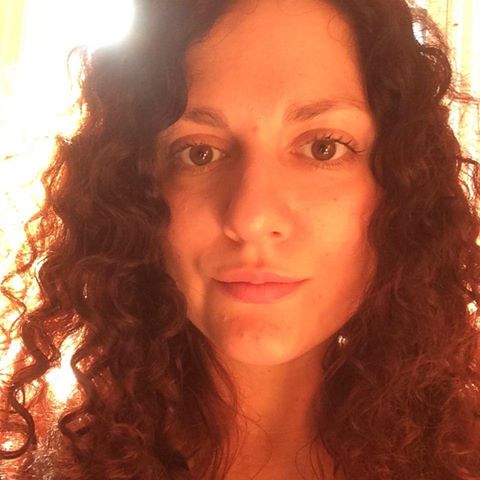SLIS Alums Pioneer Seed Exchange Programs in Urban and Rural Libraries

In the farm country of Michigan's "thumb", the Caro Area District Library's Seed Lending Project, now in its 4th season is steadily taking root. The program was initiated by SLIS alum Melissa Armstrong, MLIS '10, the library's Assistant Director. Though first introduced to seed saving by her grandmother a long time ago, the idea to implement such a program at her library came to Armstrong when she participated in a webinar in Iowa (through the Seed Savers Exchange) that gave information on seed sharing.
The program cost very little money to start, since most of the seeds are donated by the local seed exchange for free. Armstrong also plants and harvests seeds in the one square-foot garden located in the library's backyard. She said it provides a good break in her work day.
All of the seeds are heirloom seeds and open pollinated seeds. "These aren't the kind of seeds you get from Walmart," notes Armstrong. For example, one type of seed available for exchange is Blue Jade Sweet Corn from 200 years ago or longer.
The library keeps the seeds directly on the floor where books are located. Patrons can fill out a piece of paper labeling what they are "borrowing."
In the first year of the program the library had a "Seed-Pass out" where a local gardener came in to talk to the community about seed sharing.
In the second year of the program, Armstrong worked with the Michigan State University Extension office, which serves 12,000 people, to arrange additional assistance with the program. They came into the library and taught classes on topics such as, canning, composting, cooking and bee keeping. This was a free service the library offered to the community since MSU provided the speakers at no charge. A class in August covered "How to Put Your Garden to Bed." Armstrong said that the classes always have good number of people participating.
If someone were interested in starting a seed exchange program in their library, Armstrong advises them to start by visiting the website seedsaverexchange.org and by viewing the webinars for the Seed Savers Exchange at: https://www.youtube.com/user/SSEHeritageFarm.
Overall, seed saving provides a good opportunity to "bond with the community, reach out and network," Ms. Armstrong said.
Armstrong will share her knowledge of seed libraries at the Michigan Library Association Conference in October 2016 in a presentation called "Select, Sow, Share" - Seed Libraries for Community Engagement and Wellness. She will be part of a panel with her co-worker Mary Russell of Caro Area District Library and Tamarack District Library, and organic farmer and heirloom seed enthusiast Ben Cohen. They will answer the "root" question: why have a seed library? Additionally, they will share best practice tips, program tools, and practical expertise, and describe the many ways in which their programs have benefited both the library and the community.
*************
600 miles south, SLIS alum Katherine Bryant, MLIS '10, coordinates the Seed Exchange Program at the Bellevue Branch of Nashville Public Library where she is the Branch Manager.
A former volunteer with WSU's SEED Wayne with a longstanding interest in issues of food justice, Bryant's interest was sparked when she found that a lot of other US public libraries were starting seed exchange programs. She began planning to implement the program at her library in 2013. The seed exchange program took off in early spring of 2014.
"The goal of the program is to get people gardening and helping them to develop self-sufficiency by growing their own food," Bryant said.
Bryant started by soliciting seed donations from local farmers and national seed companies. For the last 2 years they have purchased some of the seeds because donations from the community members that borrow the seeds have been slow.
The seed exchange works by allowing patrons with Nashville Public Library cards to "check out" a packet of seeds. The seeds are not actually catalogued or coded though. A Google form is used to keep track of what kind of seed has been borrowed. Patrons are not required to bring seeds back.
Some of the programming for the seed exchange include: seed starting, how to save seeds, fall gardening, container gardening, bee keeping, composting, etc. The programs are led by local county Master Gardner's Group, which is an organization that provides volunteer services centered on informing the public in the area of residential and consumer horticulture. The organization offered to facilitate 2 free programs each month out of 10 months of the year.
The program has not changed much since it started. However, at the end of this fall, they will have a season wrap up, which will include a session dedicated to improvements and new ideas for the program.
The programming always gets lots of participation from the community, to date boasting over 550 total attendees. Overall, the seed exchange program has been very successful with over 1,100 people having "checked out" seeds and over 8,000 packets of seeds have been "checked out."
If a library wanted to start a seed exchange program, Bryant says, "they should start by surveying the community to see if it is something that the community wants and/or needs." Next, she said she would find people who are enthusiastic and passionate about gardening to support the program. Currently she and her staff along with other librarians do the work of sorting and packaging seeds.
In June 2015 Bryant shared details of Nashville's program at the Allied Media Conference which is held, coincidentally, on Wayne State's campus right across from the Kresge Library where she had once taken LIS classes. Her presentation, Public Libraries & Food Justice: Plant Seeds of Success, argued that libraries should "join the fight for food justice and sustainable agriculture."
